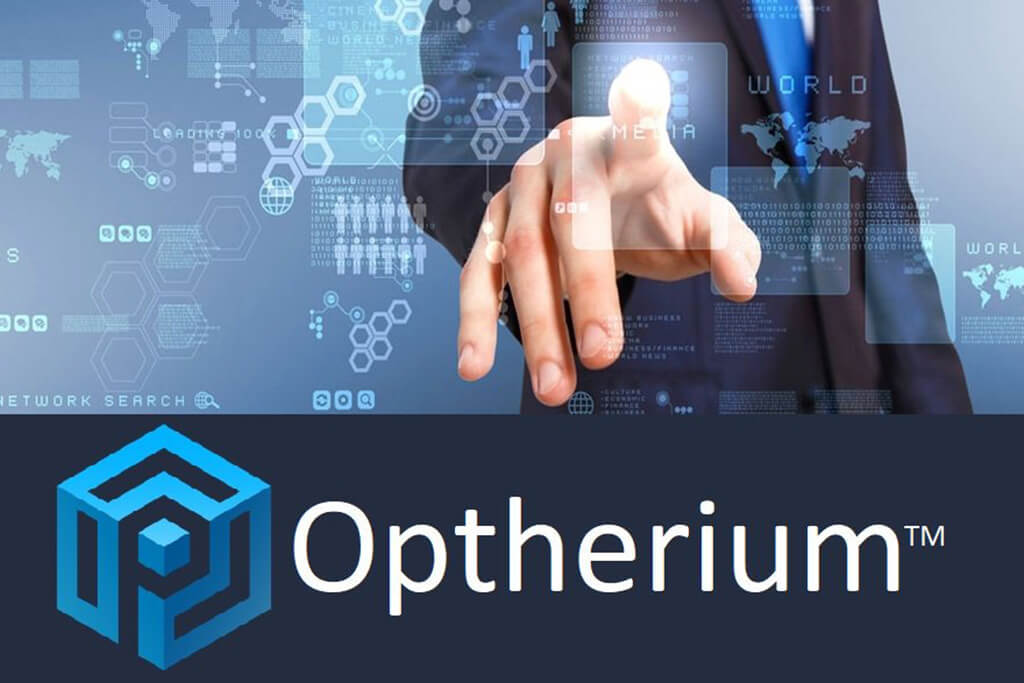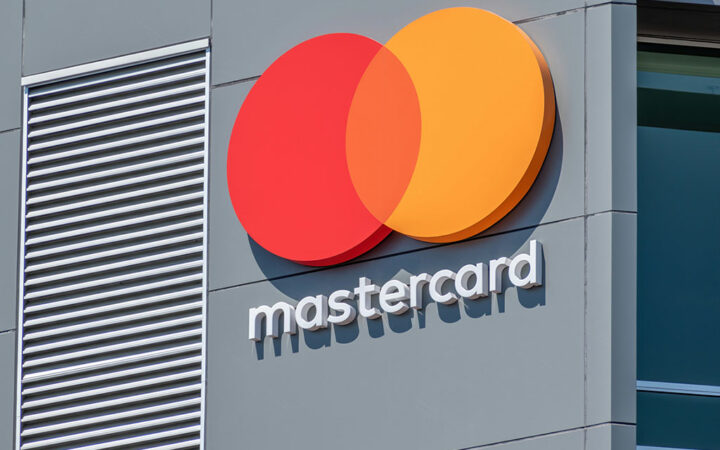
International credit card and electronic payments networks are a modern marvel. Today, a European visiting New York City can purchase theatre tickets just as they would buy groceries back home. Alternatively, a business in South America can transfer money to a partner’s bank in Japan. The transactions are secure and instantaneous. And the networks themselves can support very high transaction rates.
However, there might be something even better on the horizon. Namely, blockchain-powered financial networks. Seventy-seven percent of Fintech companies are expected to adopt blockchain technology as part of an in-house production system or process by 2020. Why? The technology that has powered the world’s cryptocurrency explosion can also speed up many traditional financial transactions and make common processes more efficient and secure.
One of the most promising use cases for blockchain technology in financial institutions today is cross-border payments, as in this case money transfers have always been an expensive and slow process. For example, if a person wants to transfer money from Europe to their family in Mexico, who have an account with a local bank, it takes many banks (and currencies) before the funds can be collected. Using services like Western Union for the same transaction is faster, but very expensive.
Blockchain technology can speed up and simplify the process, cutting out many of the traditional middlemen. At the same time, it makes money remittance more affordable. Until now, the costs of remittance were 5 to 20 percent. Blockchain can reduce the costs to 2 to 3 percent of the total amount and provides guaranteed, real-time transactions across borders. This gives banks a more efficient way to carry out this very common process. So, it is a win-win for banks and their customers.
Security and Fast Transactions Rates
A blockchain is a decentralized, distributed, and public digital ledger that is used to record transactions across many computers so that the record cannot be altered retroactively without the alteration of all subsequent blocks and the collusion of the network.
The distributed nature of a blockchain helps make it very secure and scalable. The whole point of using a blockchain is to let people, especially people who don’t necessarily trust one another, share valuable data in a secure, immutable way.
This is accomplished via blockchain’s underlying distributed ledger technology, which uses independent computers (nodes) to record, share, and synchronize data transactions in their respective electronic ledgers. In contrast, data transactions on traditional ledgers are centralized.
Tampering with the transaction records on a blockchain is very difficult. Transactions recorded on a blockchain cannot be deleted or changed. Before a block of transactions can be appended to a blockchain, participants must agree the transaction is valid through a process known as consensus. The block is then given a timestamp, cryptographically secured, and linked to the previous block in the chain.
Blockchain in FinTech
While many financial services and FinTech companies are interested in blockchain technology, most do not have the internal expertise to implement it. This is leading many companies to look for technology partners to help with their implementations.
Naturally, a blockchain technology provider will need to offer solutions that are secure, scalable, and deliver the performance required by financial services companies.
One blockchain network provider that meets these criteria is Optherium Labs. Optherium Labs is a global Fintech company based in Europe. Its proprietary Multi-Decentralized Private Blockchains Network is a critical component that Optherium will use to create the most secure blockchain solution for financial companies such as banks, credit card providers, and other financial intermediaries who are not currently on the Blockchain.
“Many traditional financial companies realize they should be on the Blockchain but don’t know where to start,” said Optherium CEO Serge Beck. “Our Multi-Decentralized Private Blockchains Network provides the security, fast transactions, and instant confirmations they need; it will be used as an operating system for marketplaces, data-sharing networks, digital currencies, and decentralized communities.”
The Optherium Ecosystem has been designed to address the three core problems of today’s blockchain industry: speed of transactions and confirmations, security of digital assets, and usability of digital assets. Not only does The Optherium Ecosystem help users manage and use their digital assets more intuitively, but it also fundamentally changes blockchain technology so that it is usable by the banking and finance industry.
The Optherium Ecosystem supports over 100,000 transactions per second. To put that rate into perspective consider that VisaNet, one of the world’s largest electronic payments networks, handles an average of 150 million transactions every day and is capable of handling more than 24,000 transactions per second. That’s about a quarter of the potential rate that Optherium can support.
Indeed, the finance industry is fast-moving and high-tech, that’s why only those companies able to solve the most pressing problems, such as the speed and security of financial transactions, will prosper.






